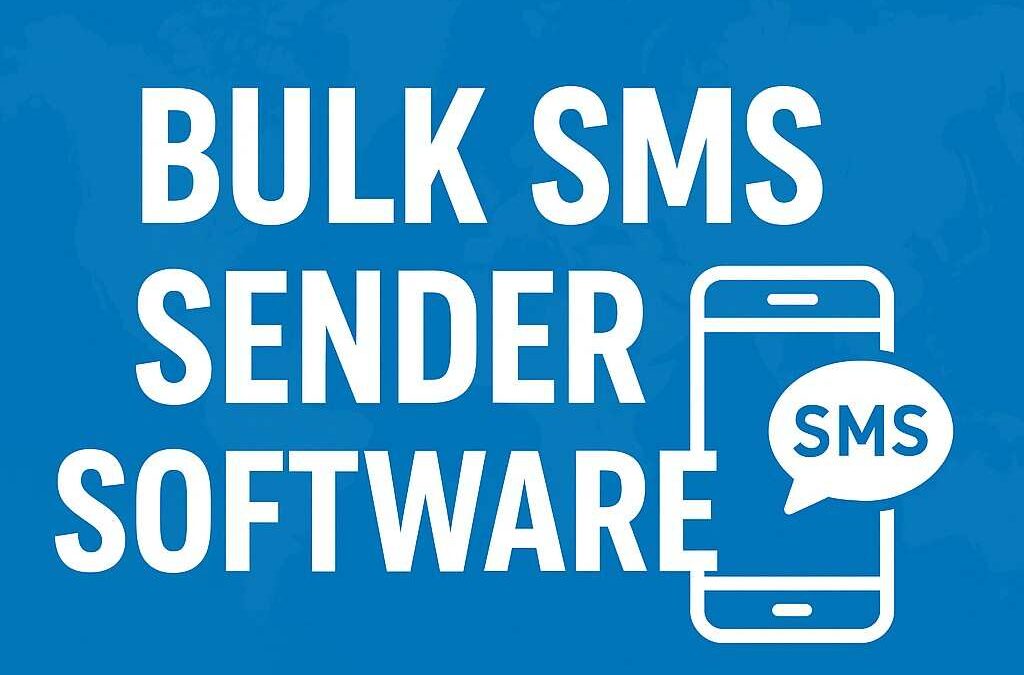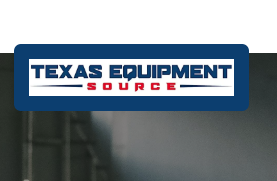Ever wondered why some businesses seem to effortlessly move products across the country whilst others struggle with shipping nightmares? What if choosing the right freight service could transform your entire supply chain? And here’s the real question – are you paying too much for shipping that’s actually slowing your business down?
Whether you’re a small Melbourne startup or an established enterprise, understanding freight services isn’t just about moving boxes from A to B. It’s about finding the perfect balance between cost, reliability, and speed that keeps your customers happy and your bottom line healthy. In today’s fast-paced business world, your freight partner can make or break your reputation.
This guide breaks down everything you need to know about freight services in Melbourne and across Australia. We’ll explore different shipping options, reveal cost-saving strategies, and help you avoid the common pitfalls that trip up even seasoned business owners. From understanding the basics to leveraging cutting-edge technology, you’ll discover how to make freight work for your business, not against it.
Understanding Freight Services: The Backbone of Modern Business
What Are Freight Services and Why Do They Matter?
Freight services are the unsung heroes of modern commerce. Simply put, they’re the professional transportation solutions that move your goods from one location to another, whether that’s across Melbourne or around the globe. But here’s the thing – they’re so much more than just trucking companies with big vehicles.
Think of freight services as your business’s circulatory system. They keep products flowing to customers, raw materials coming to manufacturers, and inventory moving between warehouses. Without reliable freight services, even the best products would sit gathering dust instead of reaching eager customers.
Types of Freight Services Available in Melbourne
Melbourne’s freight landscape offers plenty of options, each suited to different business needs. Road freight remains the most popular choice, with trucks handling everything from single pallets to full container loads. It’s flexible, relatively affordable, and perfect for domestic deliveries across Victoria and interstate.
Rail freight presents an interesting alternative for businesses moving large volumes over long distances. Whilst it might take a bit longer than road transport, it’s often more cost-effective for bulk shipments and has a smaller environmental footprint. Air freight, on the other hand, is your go-to for urgent deliveries or high-value items that need to reach their destination yesterday.
The Difference Between Freight Forwarding and Freight Shipping
Here’s where many business owners get confused – freight forwarding and freight shipping aren’t the same thing. Freight shipping is the actual physical transportation of goods. It’s the trucks on the highway, ships in the port, and planes in the sky. When you book freight shipping, you’re essentially renting space on these vehicles.
Freight forwarding, however, is more like having a logistics concierge. Forwarders act as intermediaries who coordinate your entire shipping process. They negotiate rates with multiple carriers, handle documentation, arrange customs clearance, and basically take the headache out of complex shipments. They’re particularly valuable for international shipping where regulations and paperwork can quickly become overwhelming.
How to Choose the Right Freight Service for Your Business
Assessing Your Business Shipping Needs
Before diving into the freight services marketplace, take a step back and really examine what your business needs. Start by mapping out your typical shipping patterns. Are you sending daily small parcels or weekly bulk shipments? Do your products require special handling, temperature control, or urgent delivery?
Consider your growth trajectory too. That budget freight service might work fine for your current volume, but what happens when orders double? Smart businesses choose freight partners who can scale with them, offering more services and routes as needed. Think about your customers’ expectations as well – if they’re paying for express delivery, your freight service needs to deliver on that promise.
Key Factors to Consider When Selecting a Freight Provider
Price matters, but it shouldn’t be your only consideration. Reliability often trumps cost savings – after all, what good is cheap shipping if half your packages arrive late or damaged? Look for providers with strong track records, positive reviews, and transparent communication about their service levels.
Technology capabilities have become increasingly important. Can you track shipments in real-time? Does the provider offer easy online booking and automated documentation? These features might seem like nice-to-haves, but they quickly become essential for efficient operations. Integration with your existing systems is another crucial factor – the best freight service should work seamlessly with your inventory and order management.
Questions to Ask Potential Freight Partners
Getting straight answers to the right questions can save you from freight nightmares down the track. Start with the basics: What are your transit times for different service levels? How do you calculate rates, and are there any hidden surcharges? What happens if a shipment is delayed or damaged?
Dig deeper into their operational capabilities. How do they handle peak periods? What’s their policy on failed deliveries? Can they accommodate special requirements like dangerous goods or oversized items? Understanding their limitations upfront prevents nasty surprises later.
What Are the Cheapest Freight Options Available?
Road Freight vs Rail Freight: Cost Comparison
When it comes to stretching your shipping budget, understanding the cost dynamics between road and rail freight is crucial. Road freight typically wins for flexibility and door-to-door service, but rail often beats it on price for long-distance, high-volume shipments. For Melbourne businesses shipping to Perth or Brisbane, rail can offer savings of 20-30% compared to road transport.
However, the cheapest option isn’t always the most cost-effective. Road freight’s speed and flexibility often justify the higher price, especially for time-sensitive deliveries. You’re looking at 2-3 days for road freight to Sydney versus 4-5 days by rail. Plus, road freight eliminates the need for additional transport to and from rail terminals.
Bulk Shipping Discounts and How to Access Them
Volume talks in the freight world, and businesses shipping regularly can access significant discounts. Most freight providers offer tiered pricing structures where rates drop as volume increases. The trick is understanding these thresholds and structuring your shipping to maximize savings.
Consolidation is your friend here. Instead of sending multiple small shipments throughout the week, consider combining them into larger, less frequent dispatches. This strategy works particularly well for B2B businesses or those with flexible delivery windows. Some Melbourne businesses save 15-20% simply by shifting from daily to twice-weekly shipping.
Hidden Costs to Watch Out For
That attractive quoted rate often tells only part of the story. Fuel surcharges can add 10-15% to your bill, fluctuating with oil prices. Then there are residential delivery fees, which can double the cost of last-mile delivery. Many businesses get caught out by these extras, watching their carefully calculated shipping budgets blow out.
Accessorial charges pile up quickly too. Waiting time at delivery, redelivery attempts, address corrections, and special handling all attract additional fees. Storage charges at terminals, weekend deliveries, and oversized package surcharges can turn a bargain rate into an expensive mistake. Always read the fine print and factor these potential costs into your calculations.
Conclusion
Choosing the right freight services for your Melbourne business doesn’t have to be overwhelming. We’ve explored how understanding your options – from basic shipping types to advanced technology solutions – empowers better decisions. Whether you’re comparing road versus rail freight, navigating international customs, or seeking sustainable shipping options, the key lies in matching provider capabilities to your specific needs.
The freight landscape continues evolving rapidly, with technology driving improvements in tracking, efficiency, and reliability. Smart businesses stay ahead by partnering with forward-thinking providers who invest in these innovations. But remember, the cheapest option rarely provides the best value. True cost-effectiveness comes from reliable service, transparent pricing, and strong support when you need it most. Focus on providers who view themselves as partners in your success, not just vendors moving boxes.







0 Comments